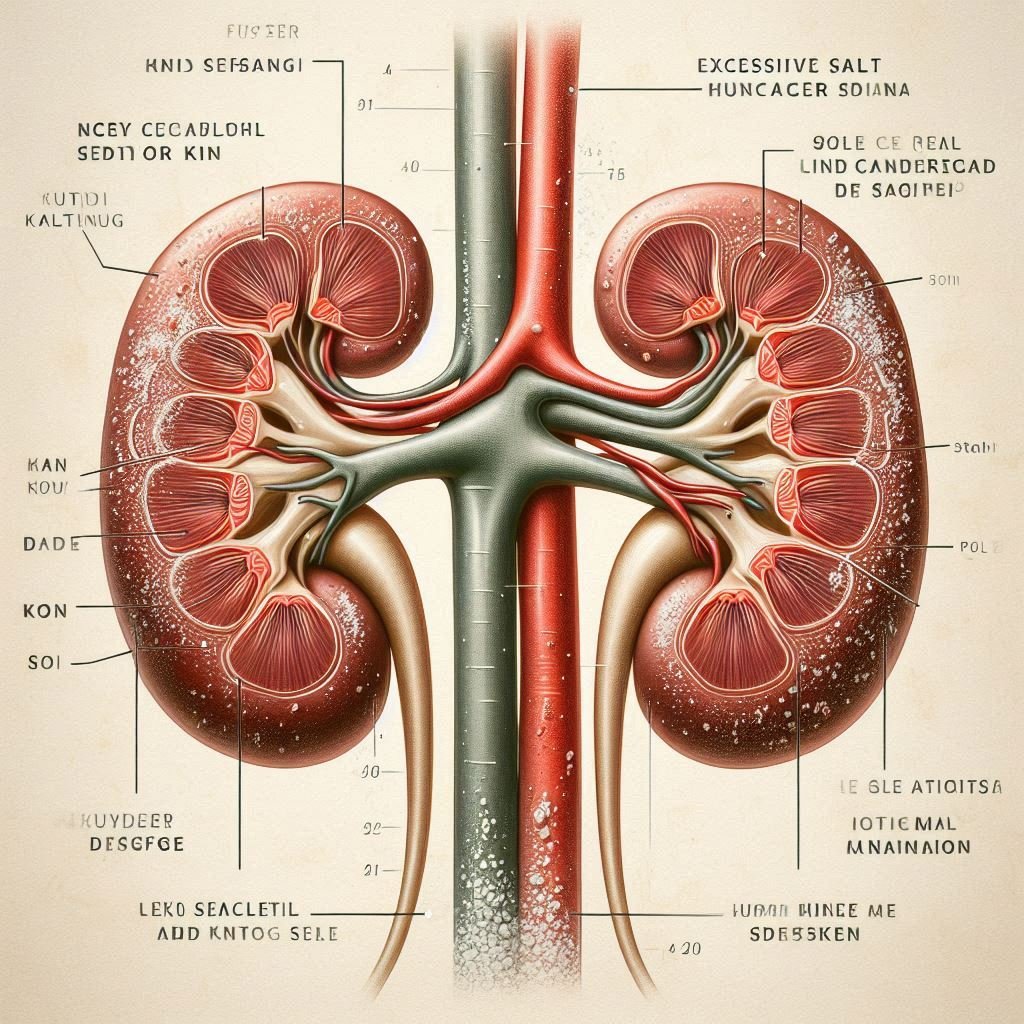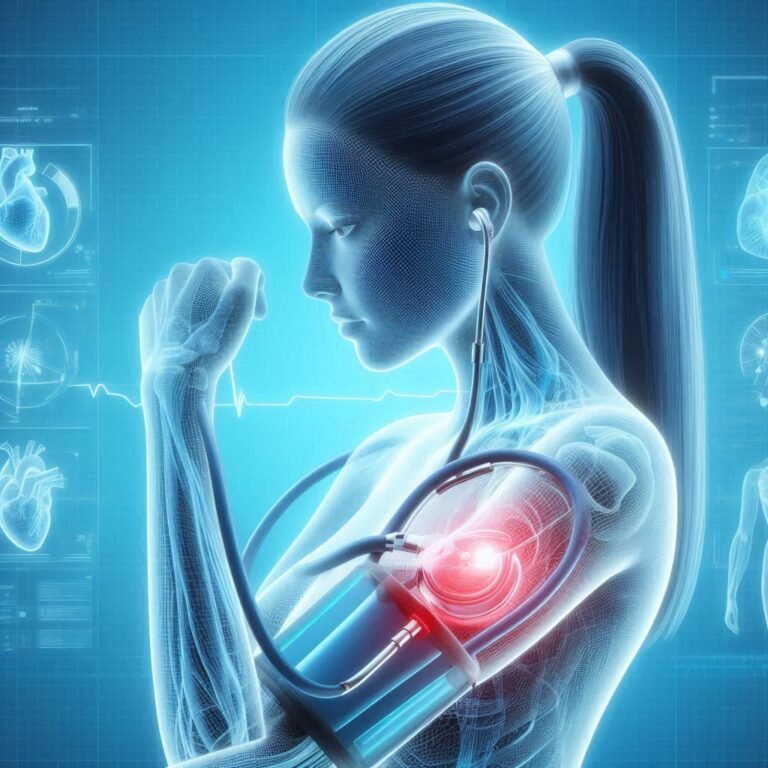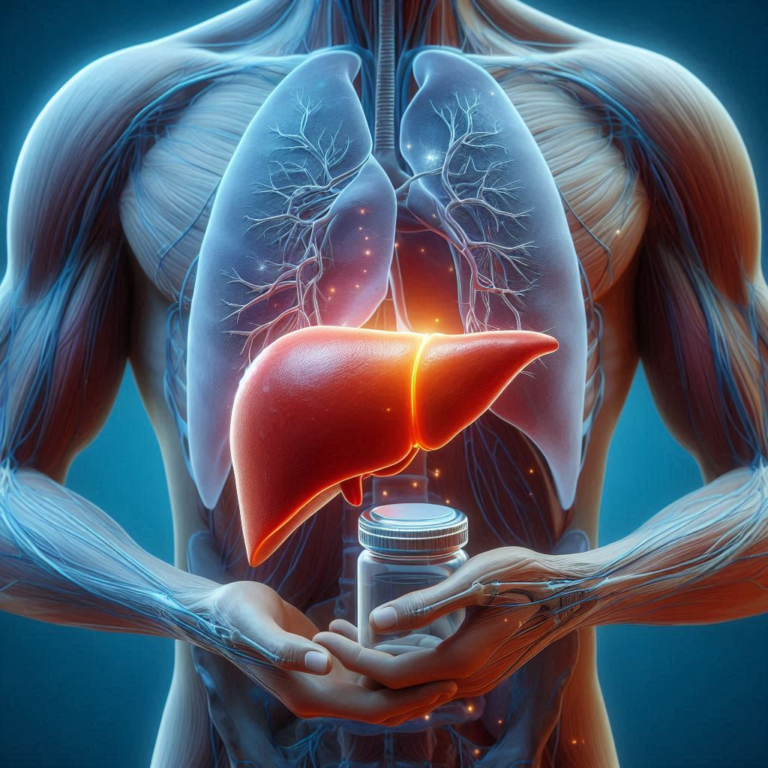Top Health & Wellness Product Reviews with Exclusive Sale Prices!
10 Signs Your Kidneys Might Be in Trouble

Your kidneys are vital organs that play a crucial role in filtering waste, balancing fluids, and regulating blood pressure. However, kidney problems often go unnoticed until they become severe. Recognizing the early signs of kidney trouble can help you take action before it’s too late. Here are 10 signs your kidneys might be in trouble and what you should do about it.
1. Fatigue and Weakness
Healthy kidneys produce a hormone called erythropoietin (EPO), which helps create red blood cells. When your kidneys aren’t functioning properly, EPO levels drop, leading to anemia. This can leave you feeling unusually tired, weak, or unable to concentrate.
2. Swelling in Hands, Feet, or Face
Kidneys help remove excess fluid from your body. When they’re not working well, fluid can build up, causing swelling (edema) in your hands, feet, ankles, or even your face.
3. Changes in Urination
One of the most common signs of kidney trouble is changes in urination. This can include:
- Urinating more or less frequently
- Foamy or bubbly urine (a sign of protein leakage)
- Blood in the urine (hematuria)
- Pain or difficulty while urinating
4. Persistent Itching and Dry Skin
When kidneys fail to remove waste from the bloodstream, toxins can build up and cause severe itching or dry skin. This is often overlooked but can be a significant indicator of kidney trouble.
5. Shortness of Breath
Kidney problems can lead to fluid buildup in the lungs, making it difficult to breathe. Additionally, anemia caused by kidney issues can leave your body oxygen-deprived, further contributing to breathlessness.
6. Metallic Taste in the Mouth or Bad Breath
A buildup of waste in the blood (uremia) can cause a metallic taste in your mouth or persistent bad breath. This is often accompanied by a loss of appetite or changes in taste preferences.
7. Nausea and Vomiting
When waste builds up in your bloodstream due to poor kidney function, it can lead to nausea, vomiting, or a general feeling of sickness. This is often mistaken for other conditions, so it’s important to consider kidney health.
8. High Blood Pressure
Your kidneys play a key role in regulating blood pressure. If they’re damaged, they may not be able to control it effectively, leading to hypertension. High blood pressure can also further damage your kidneys, creating a dangerous cycle.
9. Back or Side Pain
Pain in your lower back or sides, just below your ribs, can be a sign of kidney issues. This is often associated with kidney stones, infections, or polycystic kidney disease.
10. Trouble Sleeping
Kidney dysfunction can lead to sleep problems like insomnia or restless legs syndrome. Toxins in the blood can also make it harder to relax and fall asleep.
What to Do If You Notice These Signs
If you’re experiencing any of these symptoms, it’s important to consult a healthcare professional. Early detection and treatment can prevent further damage and improve your quality of life.
- Get tested: A simple blood or urine test can assess your kidney function.
- Adopt a kidney-friendly diet: Reduce salt, processed foods, and excessive protein.
- Stay hydrated: Drink plenty of water to help your kidneys flush out toxins.
- Manage underlying conditions: Control diabetes, high blood pressure, and other risk factors.
Final Thoughts
Your kidneys are essential to your overall health, and ignoring the signs of trouble can lead to serious complications. By recognizing these 10 signs your kidneys might be in trouble, you can take proactive steps to protect your kidney health.







